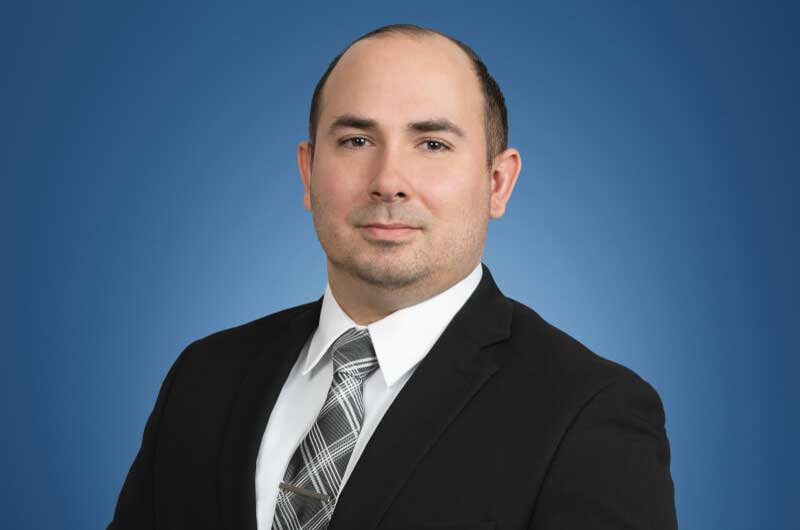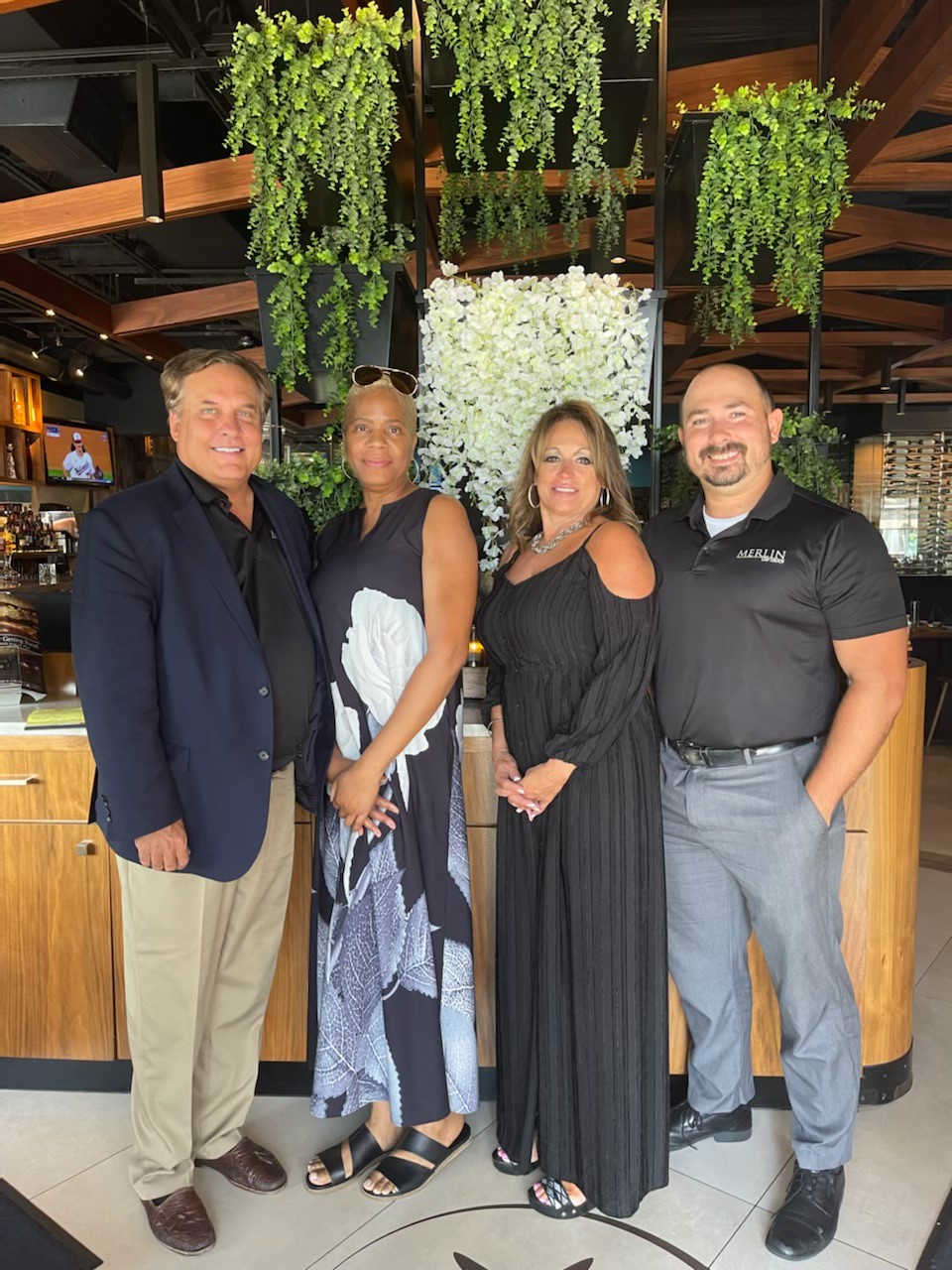Dan Ballard is at the Professional Public Adjuster Association of New Jersey (PPAANJ) Fall meeting, making a presentation about “Everything New Jersey.” One case he highlights in the presentation is from a hail damage case where “cosmetic damage” was an issue.1 The trial court ruled that the interpretation of the policy would be in favor of the policyholder, although the insurance company’s expert would be able to attempt to prove that hail had nothing to do with the loss:
[T]he term ‘direct physical loss’ is undefined. The Grablows contend that the term encompasses any type of physical damage, including cosmetic damage, while NJM contends the term to be akin to the property was made inutile, requiring replacement, or damage affecting its structural integrity. Both are reasonable interpretations of the meaning of the phrase and, thus, the Court concludes the term to be ambiguous. See Id. at 541-42 (‘Since ‘physical’ can mean more than material alteration or damage, it was incumbent on the insurer to clearly and specifically rule out coverage in the circumstance where it was not to be provided. .. .’) (quoting Customized Distribution Servs. v. Zurich Ins. Co., 373 N.J. Super. 480, 491 (App. Div. 2004).Accordingly, the interpretation proffered by the Grablows must be applied pursuant the precedent of this State’s Courts. See Wakefern, 406 N.J. Super 538 (‘Where the language of a policy supports two reasonable meanings, one favorable to the insurer and one favorable to the insured, the interpretation supporting coverage will be applied’)
…
Pursuant to the terms of the Policy, ‘wear and tear’ and ‘mechanical breakdown’ are excluded from coverage. (PI. Br., Ex. C at pg. 8) Were the findings of Mr. Frye to be accepted as true by the factfinder, then the Grablows’ claims may be excluded by the Policy’s terms. As such, the Court concludes that there is a genuine issue of material fact as to whether the damage claimed by the Grablows was caused by the hail storm or some other event which may exclude coverage.
Many policyholders and public adjusters are finding that the insurance company hail experts seem to have reports and opinions that overlook obvious hail damage. They claim that the experts are colluding with the insurance companies to manufacture bad faith reasons supporting denial and underpayment.
A case from Indiana shows that courts will entertain these allegations, but proof of the wrongful collusion is another matter. An Order allowing a bad faith case to go forward stated the following:2
Indiana recognizes a legal duty, implied in all insurance contracts, requiring the insurer to deal in good faith with its insured….The standard for establishing bad faith is high: ‘[A] good faith dispute about the amount of a valid claim or about whether the insured has a valid claim at all will not supply the grounds for a recovery in tort for the breach of the obligation to exercise good faith.’…Bad faith arises when an insurance claim is wrongfully denied and the insurer knows there is ‘no rational, principled basis’ for denying the claim…..Masonic Temple v. Ind. Farmers Mut. Ins. Co., 779 N.E.2d 21, 29 (Ind. Ct. App. 2002) (‘poor judgment and negligence do not amount to bad faith; rather, the additional element of conscious wrongdoing (dishonest purpose, moral obliquity, furtive design or ill will) must be present.’).
North Shore’s factual allegations are sufficient to support the inference that Nationwide intentionally attempted to deceive North Shore and denied liability without a rational basis for doing so. The complaint does not merely allege that Nationwide denied coverage for hail damage that should have been covered. It also alleges that Nationwide hired Nederveld, a preferred vendor, who defined hail ‘damage’ to only include functional damage when the policy covered cosmetic shingle damage and reported to Nationwide that the roofs had no damage, even though the damage was open and obvious. The complaint further alleges that in the course of denying claims for cosmetic damage, Nationwide ‘misrepresented its policy,’ and ‘conspired with Nederveld to deceive [North Shore].’ These allegations raise an inference that Nationwide knew there was no legitimate basis for defining damage as to only include functional damage and denying coverage. See Hickman, 622 N.E.2d at 519 (‘The obligation of good faith and fair dealing with respect to the discharge of the insurer’s contractual obligation includes the obligation to refrain from (l) making an unfounded refusal to pay policy proceeds …’).
The case proceeded into very adversarial litigation. The court eventually held that the policyholder did not meet the high burden required to bring the bad faith claim:3
…North Shore argues Nationwide acted in bad faith because Ladder-Now and Nederveld are ‘simply biased preferred vendors who are paid large sums of money every year by Nationwide,’ a jury could find that Wildason ignored Shields’ report, and that Wildason ‘intentionally performed an inadequate inspection for hail damage.’ North Shore repeatedly asserts these issues must be sent to a jury for resolution, but ‘bad faith is a legal issue that the Court must resolve, not a factual issue on which [North Shore’s] claim rests.’…
North Shore’s arguments are ‘untethered to the elements of insurance bad faith under Indiana law.’ North Shore’s arguments primarily focus on facts material to the breach of contract claim, but even if Nationwide were found liable at trial for having erroneously denied coverage and breached the contract, that alone would not support a bad faith claim….Instead, North Shore must affirmatively demonstrate by specific factual allegations that there is a genuine issue of material fact as to whether ‘the insurer had knowledge that there was no legitimate basis for denying liability.’…
North Shore has shown that the dispute between it and Nationwide is nothing more than a good faith disagreement about the terms of Nationwide’s insurance coverage, and, as we have previously explained, a ‘good faith dispute concerning insurance coverage cannot provide the basis for a claim in tort that the insurer breached its duty to deal in good faith with its insured.’… As in Winding Ridge, there was no evidence that Nationwide delayed payment to North Shore, deceived North Shore, or exercised an unfair advantage to pressure North Shore to settle the claim… There was also no evidence that Nationwide made an unfounded refusal to pay policy proceeds to North Shore.
Cosmetic damage versus functional damage is a huge debate following many hail damage losses. Policyholders and public adjusters should be concerned about the veracity of the insurance company experts and seek their own expert opinions. Many believe most insurance company expert opinions are biased and outcome oriented. The lesson from today’s blog is that proving the wrongful outcome and biased opinion is a different matter than saying it.
Thought For The Day
Extraordinary claims require extraordinary evidence.
—Carl Sagan
1 Grablow v New Jersey Manufacturers Ins. Co., No. L-858-15 (N.J Super. Ct. [Burlington] Jan. 8, 2016).





